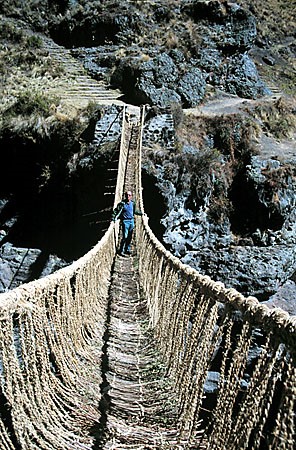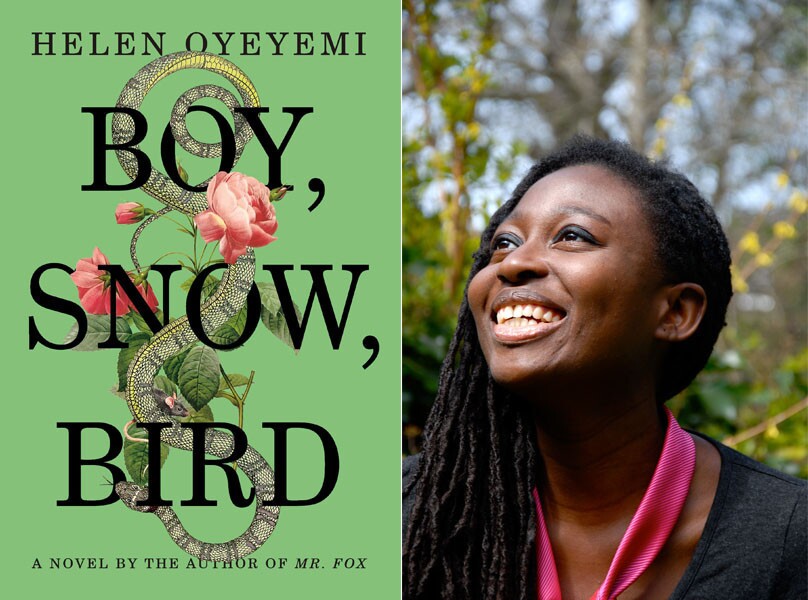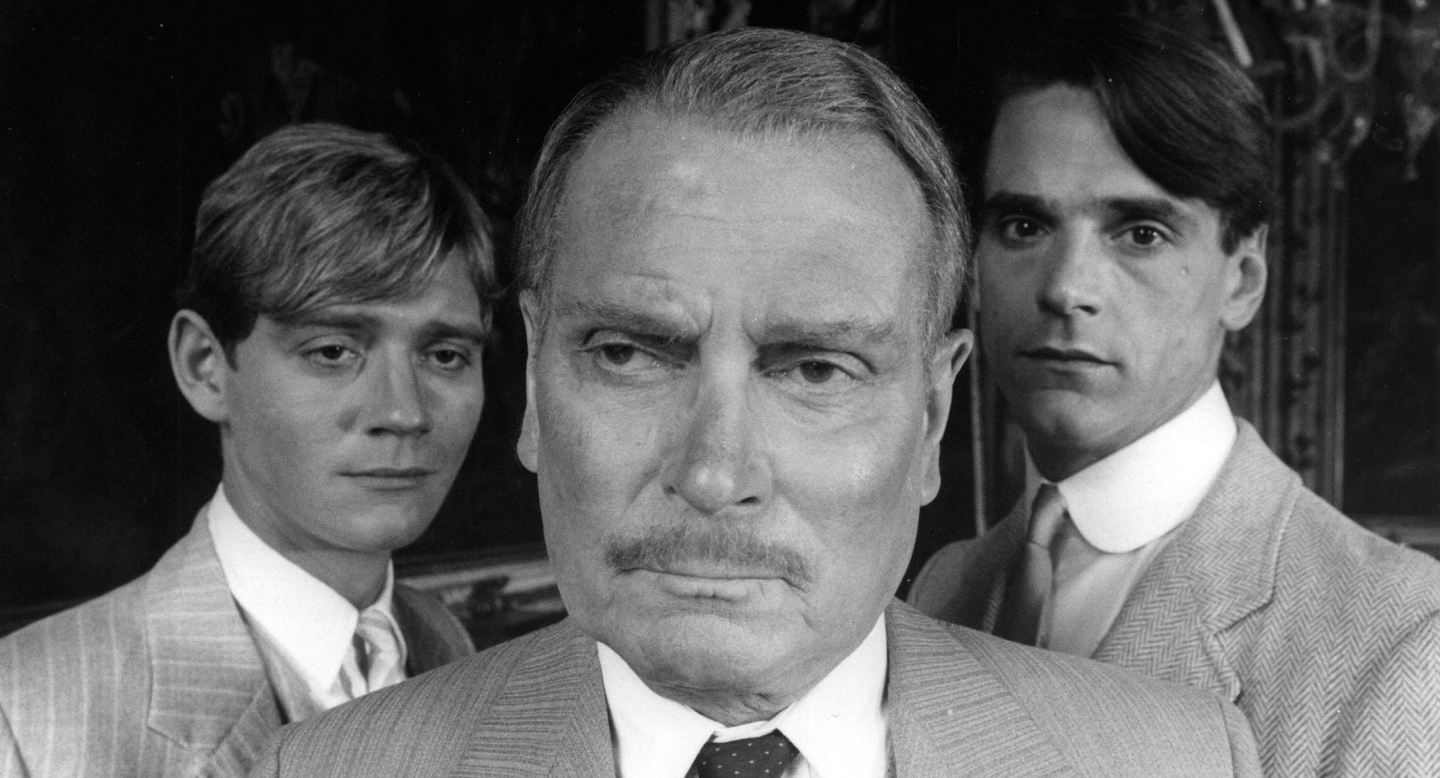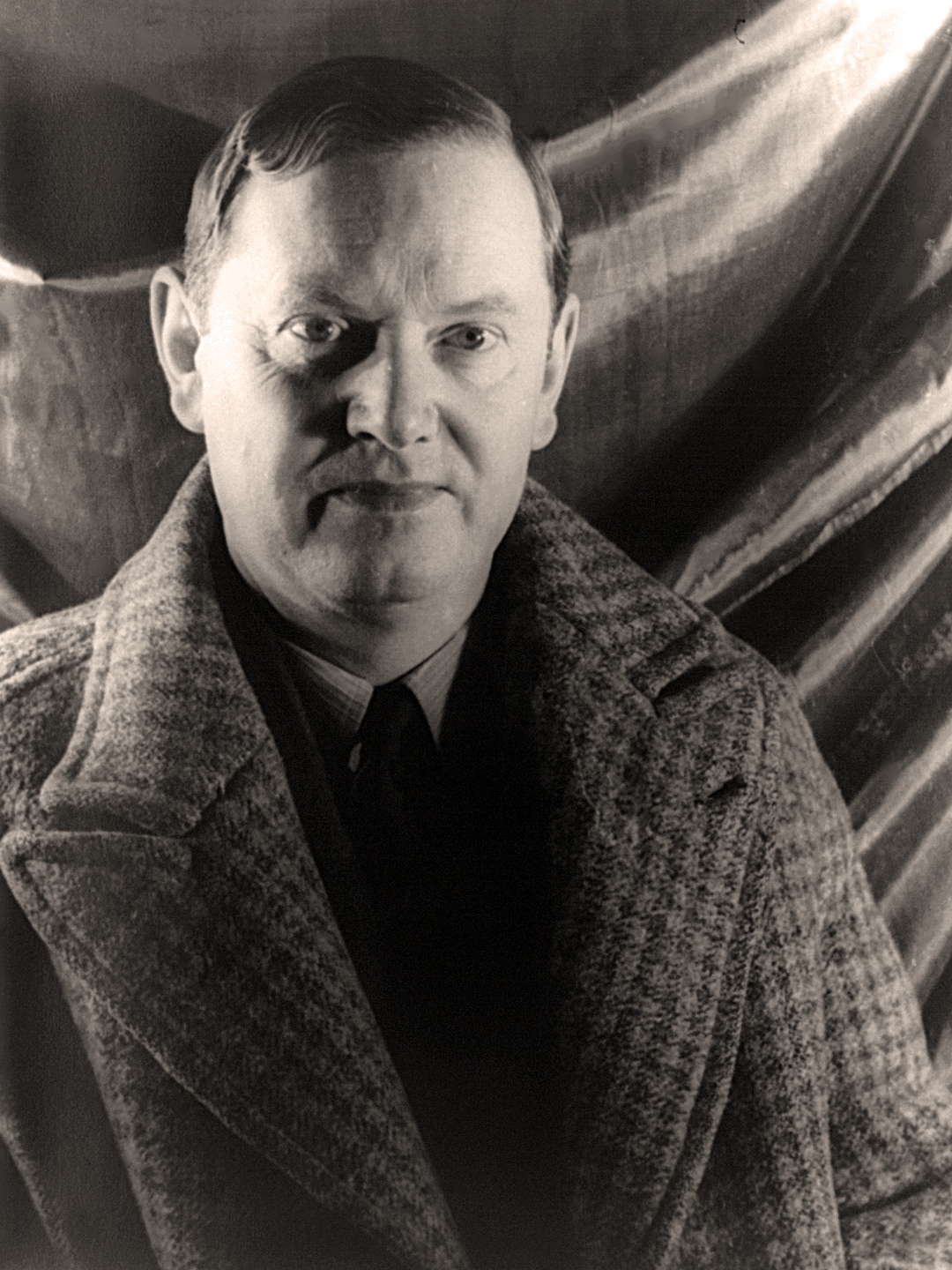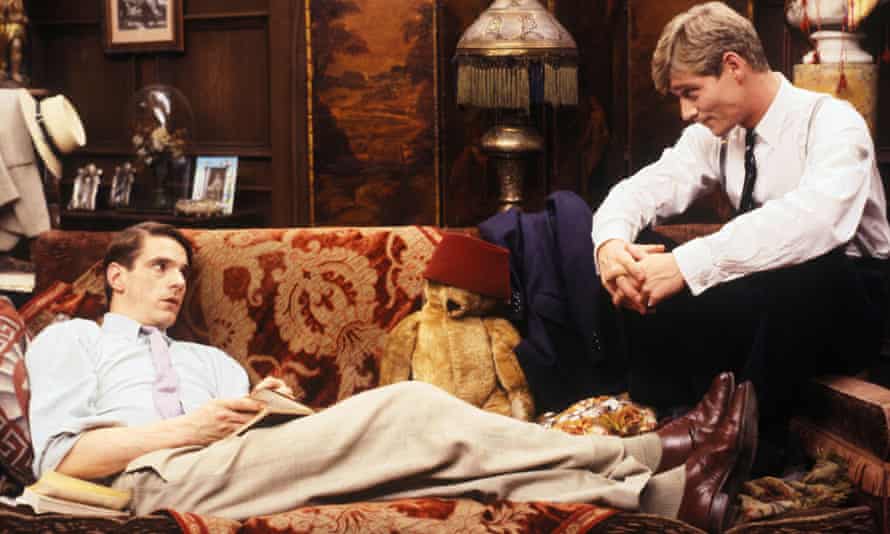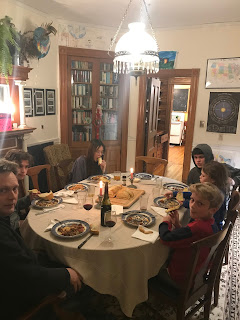This was my first time reading this still popular and well-regarded little book, which won the Pulitzer Prize for its 30 year old author and seems to have marked the peak of his career as a novelist, at least. My comments on it as I was reading it ran thus:
It is a nice smooth read. Too much exposition though, not enough dialogue/characterization. Does feel somehow small, critic (Clifton Fadiman, quoted in an "about the author" segment in the back of the book) said it lacks ambition. It has some ambition, but does not teem with life in the sense of some of these other books. It is at the same time good, though, in its way. It is a book by a smart person who is still looking in at the world of art, culture, learning, from outside, and this is the closest he can approach to being somehow part of it (though he went to Yale and studied archaeology in Rome for a year as well, his writing does not seem to me to assume its own authority, but to still be making a pitch for acceptance from others who already have it).
I seem to remember someone at St. John's writing his senior essay on this, and they obviously let him do it, though I am kind of surprised by that. Again, it is not that the book is not clever and well done, and an interesting exercise, necessarily artificial (it is set in Peru in 1714, and while the characters are well drawn as familiar types of the old Spanish literary world, they do not quite emerge as individuals with a life that transcends their functions in the story). I think most people who like literature would enjoy it if they are in the mood for something shorter and lighter than what you get if you generally stick to a solid diet of classics (you can easily read the whole book in a couple of hours). It just strikes me as something the faculty there would find pretty superficial and not great grist for thoughtful writing or discussion.
The IWE introduction: "Thornton Wilder made his first great success with The Bridge of San Luis Rey. It is very short, not 35,000 words--hardly a novel at all by most standards--but it ranks with such magnificent miniatures as A Christmas Carol and Of Mice and Men. It won a Pulitzer Prize."
The IWE people liked Wilder, who was still living at the time this list was made (he died in 1975). While contemporary luminaries who are more celebrated today like Waugh and Orwell and Wodehouse could only get one book into their Hall of Fame, Wilder appears three times. We'll be seeing him again.
There have been three major film versions, a 1929 MGM silent movie, a 1944 United Artists release, and a 2004 film featuring many recognizable actors, F. Murray Abraham, Kathy Bates, Harvey Keitel, Robert DeNiro, Geraldine Chaplin, and more. None of them appear to have been spectacularly successful.
p.16 "...the scientist Azuarius whose treatise on the laws of hydraulics was suppressed by the Inquisition as being too exciting."
p. 17 "...he thought that when he had enjoyed the style he had extracted all their richness and intention, missing (as most readers do), the whole purport of literature, which is the notation of the heart."
p. 50 "Now he discovered that secret from which one never quite recovers, that even in the most perfect love one person loves less profoundly than the other. There may be two equally good, equally gifted, equally beautiful, but there may never be two that love one another equally well."
p. 86 "Whom were these two seeking to please? Not the audiences of Lima. They had long since been satisfied. We come from a world where we have known incredible standards of excellence, and we dimly remember beauties which we have not seized again; and we go back to that world. Uncle Pio and Camila Perichole were tormenting themselves in an effort to establish in Peru the standards of the theaters in some Heaven whither Calderon had preceded them. The public for which masterpieces are intended is not on this earth."
p. 92 "Like all the rich he could not bring himself to believe that the poor (look at their house, look at their clothes) could really suffer. Like all the cultivated he believed that only the widely-read could be said to know that they were unhappy."
Even these quotations that struck me at the time as worthy of noting are rather lackluster. I am being unduly hard on it though. I enjoyed it. I liked the vignettes. I was hoping that the priest would find somewhat more of a unifying theme with regard to the lives at the end, or at least a more interesting summation of the project. His character was not fleshed out/did not have a clear, strong purpose in the story.
My book, which I will try to include a picture of, was a circa 1998 paperback Harper Perennial Classics edition that I picked up from my local public library's discard pile a couple of years ago, knowing that this was on the list. With most of these books I try to get a hardback copy from 1920-1960 or so for the reading, but given how short this was, and having the paperback already on hand, I didn't bother to do that with this one. There is a sticker on the front of my book indicating that The Bridge of San Luis Rey was the 2002 selection for the communal Concord Reads program where, I presume, the community reads the book at the same time and they have groups where they talk about it. Of course I wouldn't participate in that. While I would like to find people to talk about books with, they have to be the right people (clever, preferably witty, some attractive women would be nice as well) in the right setting (while drinking). But I haven't anyone met anyone like this who will hang out with me in years, so I drink and talk to myself and occasionally write a blog post.
The Challenge
1. Crucial Conversations: Tools For Talking When the Stakes are High.....................6,604
2. Roz Chast--Can't We Talk About Something More Pleasant....................................1,662
3. Before I Fall (movie--2017).....................................................................................1,303
4. Miles Davis--Sketches of Spain (music album--1960)................................................916
5. Liaquat Ahmed--Lords of Finance..............................................................................732
6. Rosa Parks: Rosa Parks: My Story..............................................................................609
7. Goya's Ghosts (movie--2006)......................................................................................606
8. Helen Oyeyemi--Boy, Snow, Bird................................................................................574
9. Solomon, Greenberg, Pyszczynski--The Worm at the Core.........................................220
10. Anna Malaika Tubbs--The Three Mothers.................................................................179
11. Alice Kirks--The Recipe to Win an Earl's Heart..........................................................93
12. Jenni Ferrari-Adler--Alone in the Kitchen With an Eggplant......................................72
13. Aimee Reid--You Are My Friend.................................................................................70
14. Raleigh Ruebens--The Best Friend..............................................................................49
15. Jo McNally--It Started at Christmas...........................................................................22
16. John Medici--Pleasant Avenue....................................................................................12
16. Moliere--The Imaginary Invalid..................................................................................12
That tie for 16th place necessitates a play in game.
Play-In Game
Moliere over Medici
The Medici book is a memoir about growing up in an Italian American immigrant family in postwar East Harlem. Not an entirely unenticing book, but one that had the misfortune to come up against a heavy hitter right off the bat in the tournament.
Round of 16
#16 Moliere over #1 Crucial Conversations
Crucial Conversations has sold 4 million copies and captured the top seed here by a nearly 5,000 point margin, but it doesn't have the game to take on a real contender.
#15 McNally over #2 Chast
Roz Chast has some juice in the publishing world but McNally comes in with an upset to propel her into the quarterfinals.
#14 Ruebens over #3 Before I Fall
#4 Davis over #13 Reid
Usually music will fall to a book of any quality, and while this children's book about the late television icon Mr. Rogers may possess quality, I think Miles Davis can handle it comfortably in a first round matchup.
Despite the ridiculous attention-seeking title, I am going with Ferrari-Adler in this matchup of two works that are neither completely off-putting nor possess any special attraction to me because it is quite a bit shorter. I see on further review that the Eggplant book is a collection of humorous cooking essays by around 20 different writers, and Jenni Ferrari-Adler is the editor. Having noted in her biography that she graduated from Oberlin with an MFA from Michigan in conjunction with the title of her book I began to have all kinds of wild speculations, that she was kind of a babe and one of the party girls of the MFA scene that made going to graduate school actually worthwhile (though as my then future wife replied once when I talked about graduate school and going to parties, "people in graduate school are adults"), but then I checked myself.
#6 Parks over #11 Kirks
#10 Tubbs over #7 Goya's Ghosts
#8 Oyeyemi over #9 The Worm at the Core
The Worm at the Core is a psychology book about the fear of death. Oyeyemi was one of the most acclaimed novels of 2014.
Super 8
#16 Moliere over #4 Davis
#6 Parks over #15 McNally
#8 Oyeyemi over #14 Ruebens
#12 Ferrari-Adler over #10 Tubbs
The only really close game in this round--Davis hung around Moliere most of the game but the Frenchman pulled away in the closing minutes--Tubbs's book is about the mothers of Martin Luther King, Jr, Malcolm X, and James Baldwin. The Eggplant book sounded more fun.
Final Four
#16 Moliere over #6 Parks
#8 Oyeyemi over #12 Ferrari-Adler
Both of these games ended up not being very close.
Championship
#8 Oyeyemi over #16 Moliere
I mulled over this one for a while. By the ordinary parameters of tournament competition, with upsets not in play, Moliere would have won here. His book is shorter, older, written in a foreign language (that counts for a slight advantage), and he is overall the more celebrated author. However, I have had several books of this type (modern, written by, to put it bluntly, an author who is not white) come up lately and advance through a couple of rounds only to get tripped up in the semi-final or final. So I decided that this time I would go in favor of the more contemporary book.



